Market Share
Airport Services Market Share Analysis
In the competitive landscape of the Airport Services Market, market share positioning strategies play a pivotal role in distinguishing service providers and establishing a significant market presence. Differentiation through service quality stands as a fundamental strategy. Companies aim to differentiate their offerings by providing superior service quality across various airport services, including passenger handling, baggage management, ground operations, security screening, retail, dining, and other ancillary services. Delivering exceptional service experiences helps in securing customer loyalty and setting providers apart from competitors.
Strategic alliances and partnerships are key positioning strategies within the Airport Services Market. Collaborations with airlines, airport authorities, technology firms, and retail brands allow service providers to expand their service portfolio and geographical reach. Partnerships also facilitate the sharing of expertise, resources, and infrastructure, enabling providers to offer comprehensive and integrated solutions that cater to diverse airport requirements.
Moreover, diversification of services is a significant market positioning strategy. Companies seek to diversify their service offerings by expanding into multiple segments within the airport ecosystem. For instance, a service provider handling passenger operations may diversify into retail or ground handling services. Diversification not only broadens the scope of services but also mitigates risks associated with dependency on a single service segment.
Innovation and technological advancements serve as key drivers for market share positioning in the Airport Services Market. Service providers strive to differentiate themselves by embracing innovative technologies such as artificial intelligence, automation, data analytics, and biometrics to enhance operational efficiency, streamline processes, and improve passenger experiences. Companies investing in cutting-edge technologies gain a competitive edge and position themselves as leaders in providing forward-thinking airport services.
Cost leadership is another crucial strategy adopted by service providers to position themselves in the market. Companies focus on optimizing costs without compromising service quality. Offering cost-effective solutions and competitive pricing structures while maintaining operational efficiency helps in attracting airlines and airports looking for reliable services at reasonable rates, thus positioning providers favorably in the market.
Additionally, customer-centric approaches play a significant role in market positioning strategies. Service providers prioritize understanding and meeting the unique needs of their customers – airlines, airports, and passengers. Tailoring services to align with customer preferences, providing personalized experiences, and being responsive to customer feedback fosters stronger relationships and positions providers as trusted partners in delivering tailored and responsive airport services.
Brand reputation and track record significantly impact market positioning in the Airport Services Market. Companies with a strong brand built on a history of reliable, safe, and efficient services, backed by successful operational records and customer satisfaction, gain credibility and trust within the industry. A positive brand image positions service providers as preferred choices for airlines and airports seeking dependable partners.
Lastly, sustainability and environmental consciousness are emerging as influential positioning strategies. Companies focusing on eco-friendly practices, energy-efficient operations, waste reduction, and sustainable initiatives align with global environmental trends. Being environmentally responsible not only enhances brand image but also resonates with environmentally conscious airlines and airports seeking partners committed to sustainability.


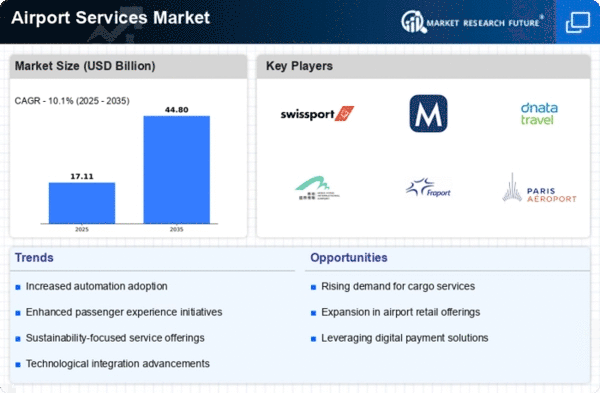
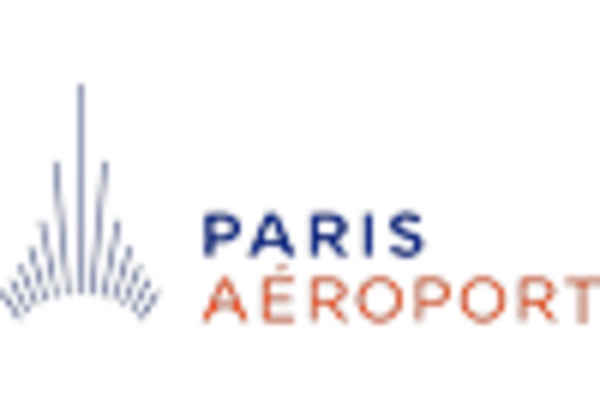
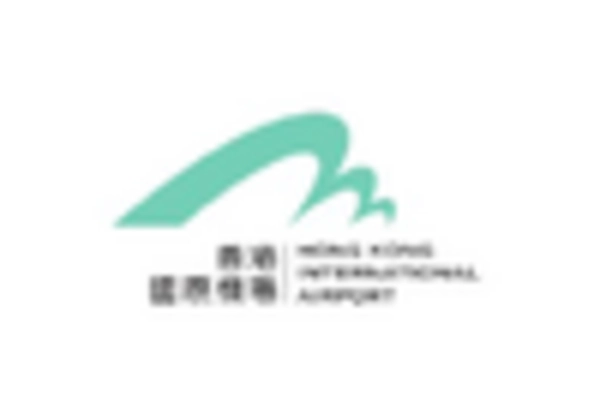

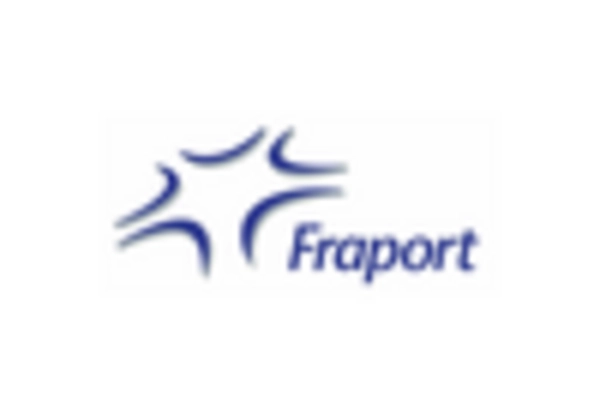

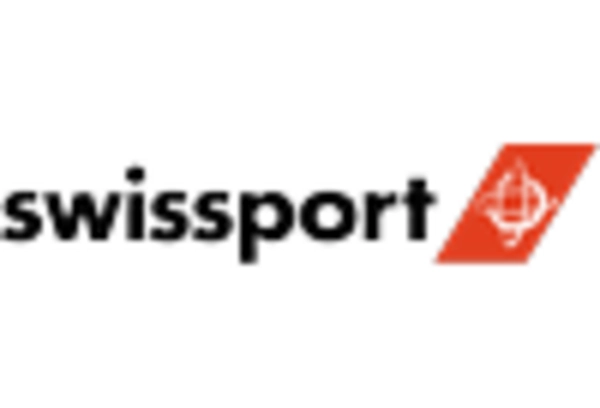









Leave a Comment